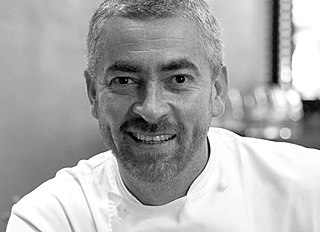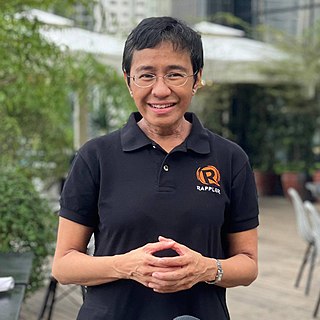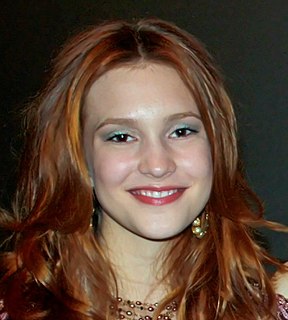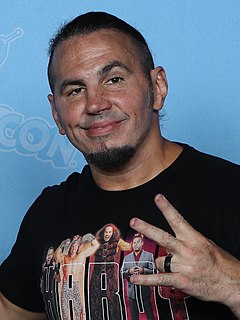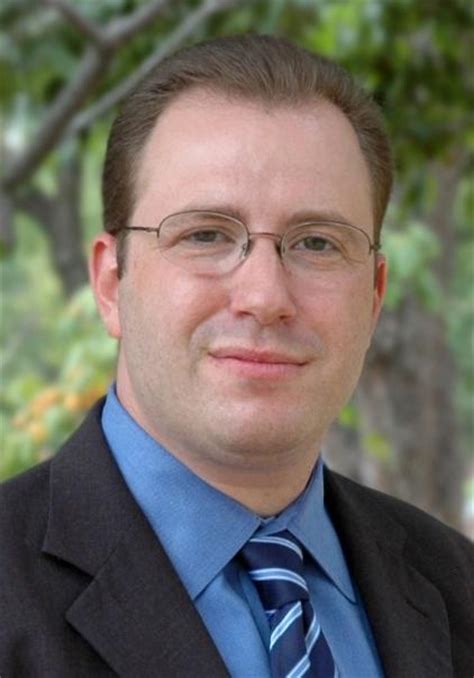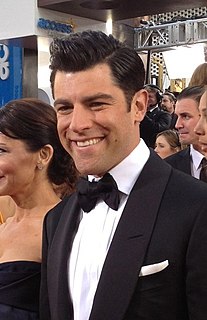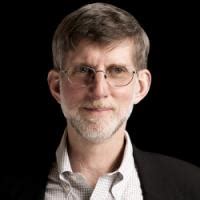A Quote by Alex Atala
The most powerful social media... it is not the internet, it is not Facebook - it is food. This connects all human beings.
Related Quotes
ISIL's widespread reach through the Internet and social media is most concerning, as the group has proven dangerously competent at employing such tools for its nefarious strategy. ISIL uses high-quality, traditional media platforms as well as widespread social media campaigns to propagate its extremist ideology.
Social media is important, but it does not bring down governments. Governments can shut down the Internet. Governments can control media access. If they do what the Tunisians did and try and negotiate with the opposition, then the media's still open, the international community can learn what's happening in the country, and then that can provide inspiration. But in mid-2009, the Iranian regime just shut down the Internet. Facebook went dark. Twitter went dark. BBC Persian, Voice of America, Persian News Network all went dark. That was it.
PR got to be much bigger because of the emergence of digital media. Now we have hundreds of people who are, in a sense, manning embassies for Facebook and Twitter for brands. So the business in effect has morphed from pitching stories to traditional media, to working with bloggers, Twitter, Facebook and other social media, and then putting good content up on owned websites.
